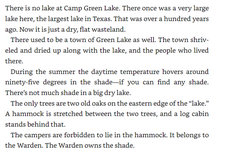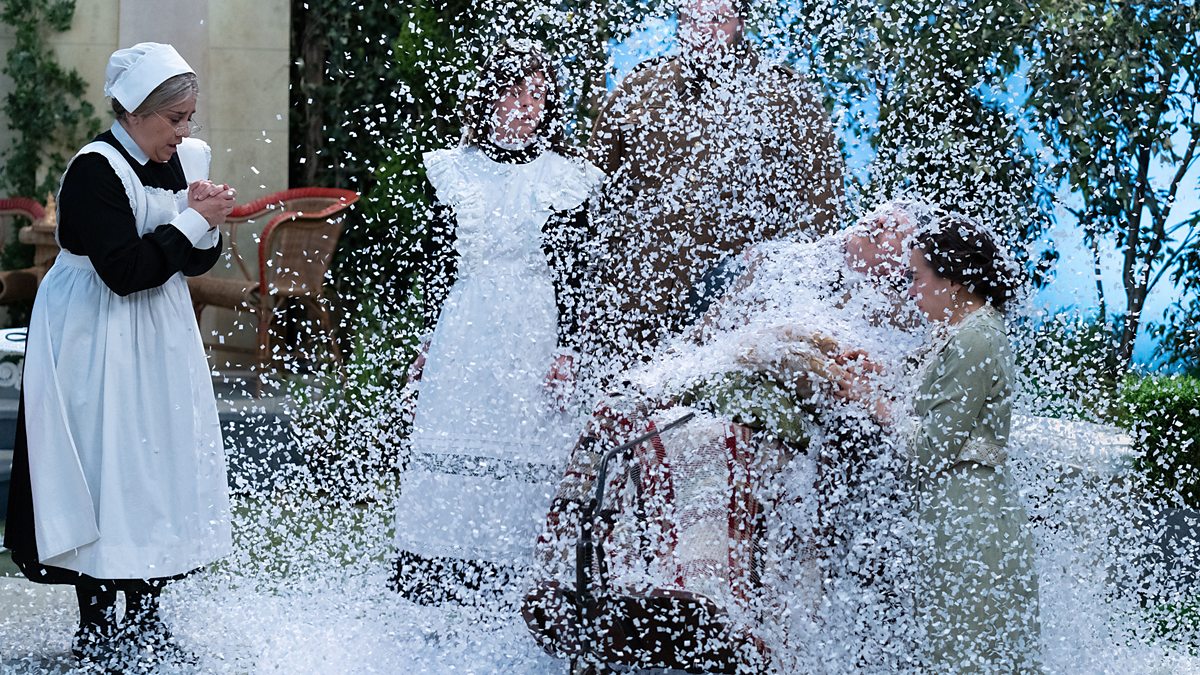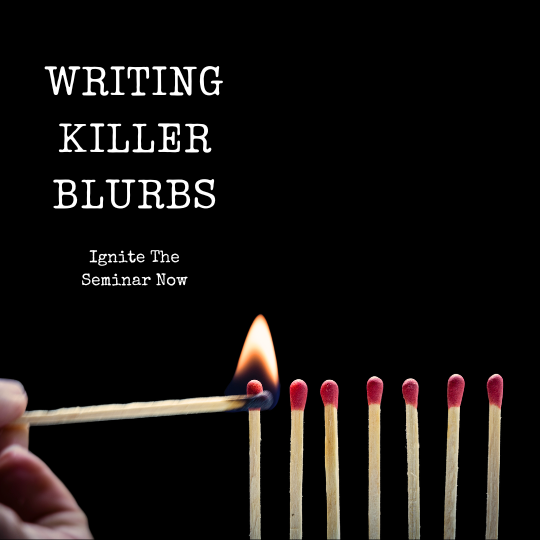On show vs tell:
We have all been blasted by the advice "show, don't tell". Many of us have given it as feedback to fellow writers. Mostly, this is excellent advice. Showing engages the reader so much more than telling.
But, might there be a place for telling? I've heard some say "No. Never. Showing is ALWAYS better." Let's consider it. I've been reading "Self-Editing for Fiction Writers" by Renni Brown and Dave King.
"Even though immediate scenes [showing] are almost always more engaging than narrative summary [telling], be careful when self-editing not to convert all your narrative summary into scenes. Narrative summary has its uses, the main one being to vary the rhythm and texture of your writing. Scenes are immediate and engaging, but scene after scene without a break can become relentless and exhausting, especially if you tend to write brief, intense scenes. Every once in a while you will want to slow things down to give your readers a chance to catch their breath, and narrative summary can be a good way to do this."
My story is... super intense. Many scenes are packed with action (much of it gory, some sensual, some more than sensual. Many highly emotional). I often use telling to sandwich these scenes, with slightly more at the beginning and a single sentence (sometimes two) at the end.
What are your thoughts?
We have all been blasted by the advice "show, don't tell". Many of us have given it as feedback to fellow writers. Mostly, this is excellent advice. Showing engages the reader so much more than telling.
But, might there be a place for telling? I've heard some say "No. Never. Showing is ALWAYS better." Let's consider it. I've been reading "Self-Editing for Fiction Writers" by Renni Brown and Dave King.
"Even though immediate scenes [showing] are almost always more engaging than narrative summary [telling], be careful when self-editing not to convert all your narrative summary into scenes. Narrative summary has its uses, the main one being to vary the rhythm and texture of your writing. Scenes are immediate and engaging, but scene after scene without a break can become relentless and exhausting, especially if you tend to write brief, intense scenes. Every once in a while you will want to slow things down to give your readers a chance to catch their breath, and narrative summary can be a good way to do this."
My story is... super intense. Many scenes are packed with action (much of it gory, some sensual, some more than sensual. Many highly emotional). I often use telling to sandwich these scenes, with slightly more at the beginning and a single sentence (sometimes two) at the end.
What are your thoughts?






